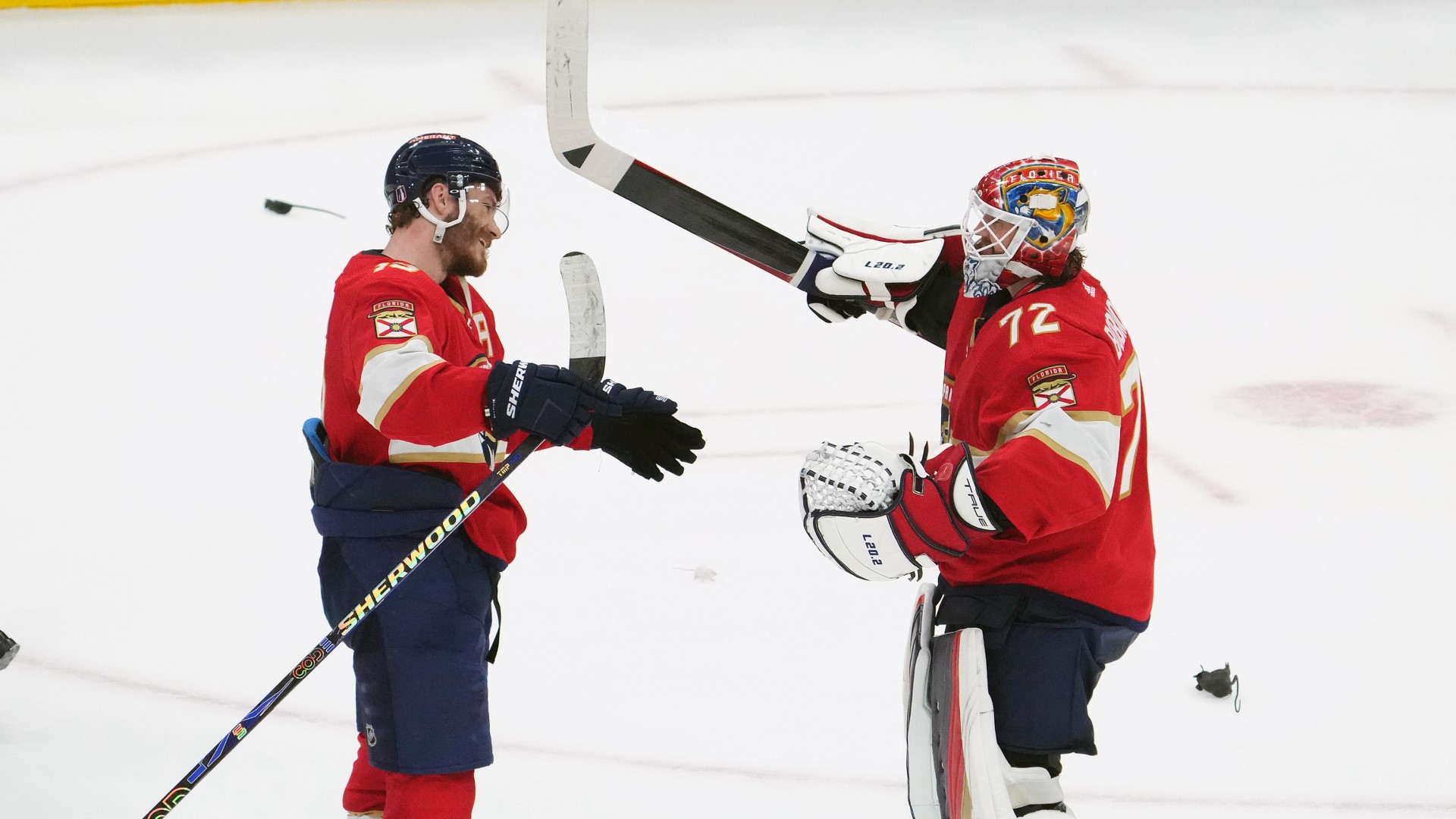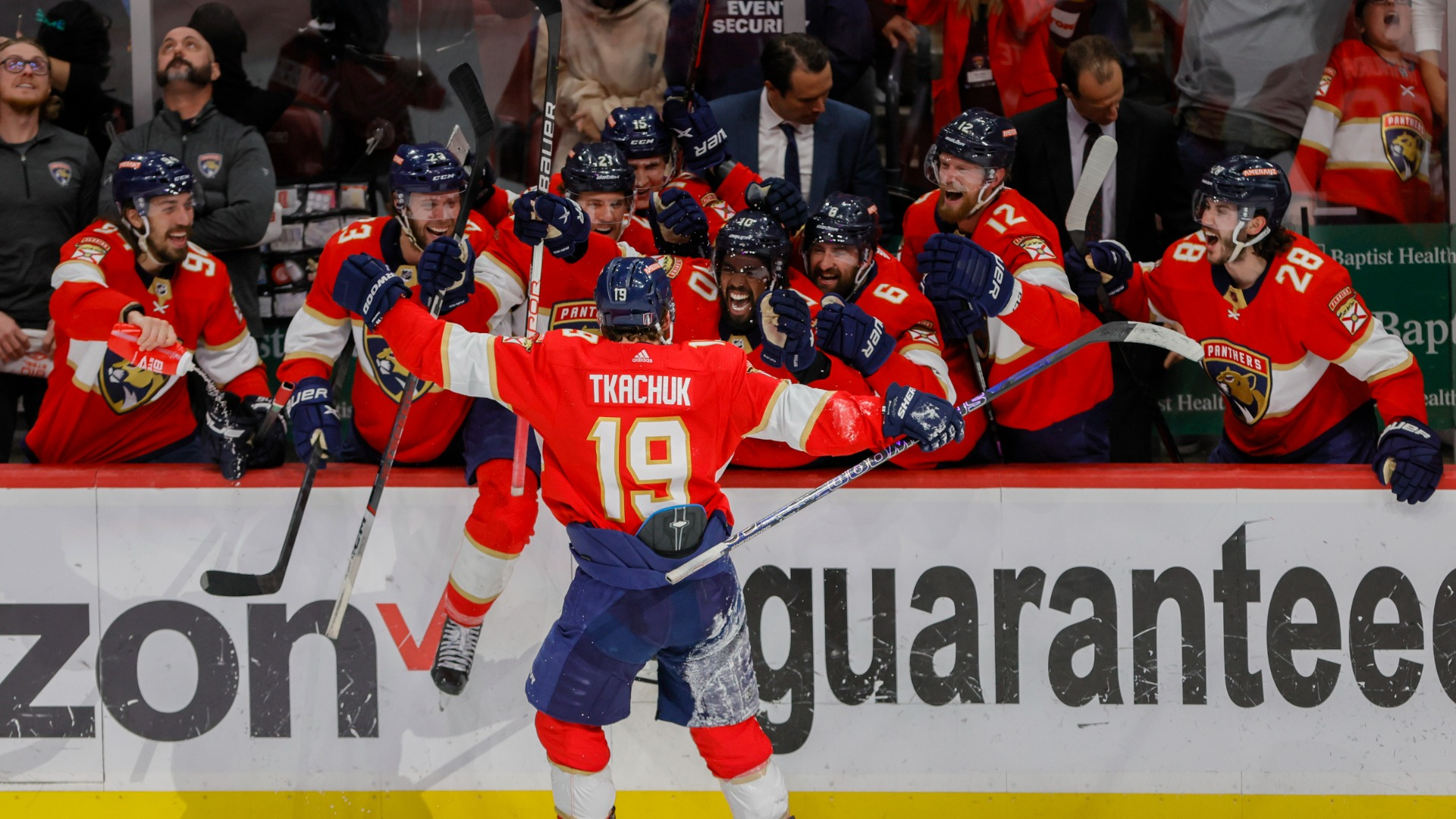On Dec. 31, the St. Louis Blues lost to the New York Rangers and found themselves at the bottom of the entire NHL. On May 21, the Blues beat the San Jose Sharks and now are going to their first Stanley Cup Final since 1970.
St. Louis hopes one of the greatest turnaround stories in sports history culminates with Alex Pietrangelo taking the Cup from NHL commissioner Gary Bettman and hoisting it over his head while a dejected Boston Bruins club looks on in defeat. The Blues will get their first chance to write that final chapter when the Stanley Cup Final begins Monday night at TD Garden in Boston.
There’s no shortage of time to break down and analyze every single matchup of this Cup Final, but one thing is clear: The Blues have the advantage when it comes to team resiliency. At the very least, it’s a push.
The Blues endured a trying season just to get to this point. They entered the season with high expectations once again, but St. Louis stumbled out of the gate. After an uninspired 2-0 loss to the Los Angeles Kings on Nov. 19, St. Louis axed head coach Mike Yeo and replaced him with former Philadelphia Flyers bench boss Craig Berube. The change didn’t immediately flip the switch — at least not in terms of wins and losses — but the Blues felt they were close despite the lack of results.
“We stuck together, one. We kept believing in each other, as cliche as that sounds,” Pietrangelo told reporters after the Blues’ Game 6 win over the Sharks on Tuesday night. “A lot of us felt, and I think pretty much everyone in that room felt, like we were in games and we were close, we just weren’t finding ways to win them.”
Things finally started clicking after the new year. The Blues started winning games at a torrid pace, going 19-5-2 in January and February combined. Their 40 points in those two months led the NHL — one ahead of their Cup Final opponent, Boston.
“We were just trying to get on the right track then. Once we got going, though, in January and February, I knew we had a good hockey team,” Berube said Tuesday night. ” … Those two months really put us in a good spot. We really realized our identity in those two months of what kind of a team we were and how we were going to win hockey games.”
Once they figured it out, the Blues rolled. They forced their way into the playoffs, where they got by a Stanley Cup favorite, Winnipeg, in a physical series. The Dallas Stars did them a solid by knocking out the Nashville Predators, and the Blues repaid the Stars by kicking them to the curb in a seven-game series.
St. Louis got another real test of adversity in the Western Conference Final against the San Jose Sharks. In a seemingly pivotal Game 3, the Blues were on the wrong end of an unmistakably bad non-call in overtime when officials missed a blatant hand pass that led to the Sharks’ game-winning goal. The Blues, facing a 2-1 series deficit, could have folded. They didn’t lose again in the series.
“My feeling was if we were going to win the next game, we were going to win the series,” Blues forward David Perron said. “That’s just how I felt because (we took the high road). Every game’s different and all that, but I’m just glad we approached it that way. Certainly, throughout the playoffs, there were different calls that people can say they got, but I think we reacted a little different to that, and that’s why we got success at the end.”
That’s a mindset the Bruins know all about. Boston never reached the depths experienced by St. Louis this season, but Bruce Cassidy’s club had to battle injuries to its best players at various points throughout the entire season and into the playoffs. And while the Bruins weren’t robbed to the extent the Blues were victimized against San Jose, Boston was able to overcome a few questionable calls — most notably a missed puck out of play that led to a Columbus goal in the second round — to win seven straight games and clinch a Cup Final berth.
In a lot of ways then, it’s fitting these two clubs will battle for the Stanley Cup. Just don’t expect either to shutter at the first (or second or third) sign of adversity.





